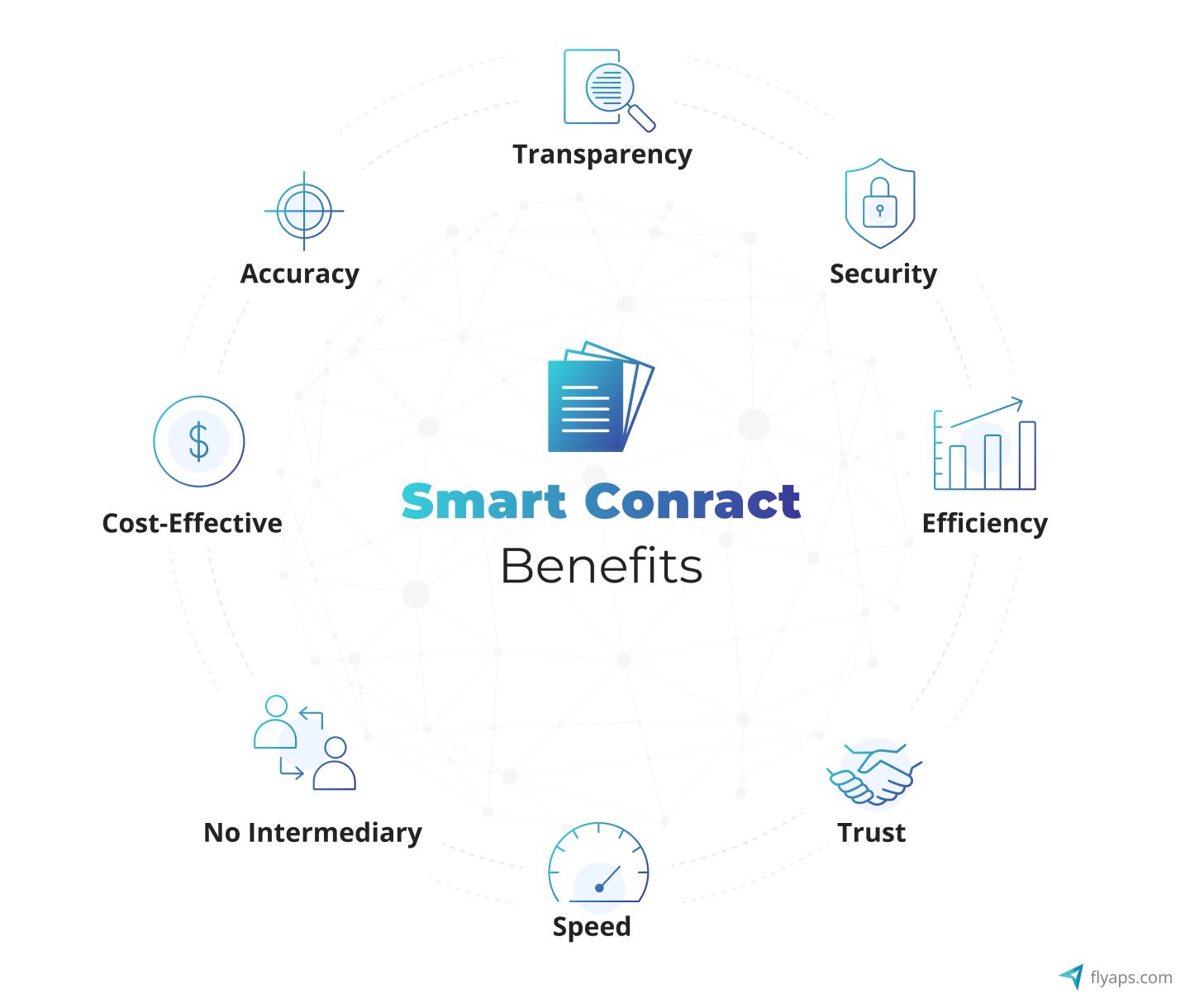BD Help Zone
Your go-to source for insightful news and information.
Smart Contract Fairness: Is Your Code Actually Honest?
Discover if your smart contracts are truly fair. Unveil hidden biases and ensure your code is honest for a secure blockchain future!
Understanding Smart Contract Fairness: Key Principles and Practices
In the world of blockchain technology, smart contract fairness is an essential principle that ensures all parties involved in a transaction can trust the mechanisms that govern their interactions. At its core, smart contracts are self-executing contracts with the terms of the agreement directly written into code. This transparency is key to fairness, as it eliminates the need for intermediaries and reduces the potential for fraud or manipulation. Important aspects of smart contract fairness include clarity in terms, equitable access to information, and immutable enforcement of rules. By adhering to these principles, developers can create a more trustworthy environment for users.
Moreover, the implementation of best practices in smart contract development significantly contributes to fairness. For example, utilizing robust testing frameworks and conducting thorough audits can help identify vulnerabilities before deployment. Additionally, engaging the community through open-source development fosters collaboration and accountability. Here are some key practices to uphold fairness in smart contracts:
- Code Transparency: Ensure that the code is accessible and understandable to all stakeholders.
- Regular Audits: Schedule third-party audits to validate the integrity of the smart contract.
- User Education: Provide resources to help users understand how the smart contract operates.
By focusing on these principles and practices, developers can promote a fairer and more reliable ecosystem for all participants.

Counter-Strike is a popular tactical first-person shooter game that pits teams of terrorists against counter-terrorists in various game modes. Players can engage in thrilling rounds of gunplay and strategy, utilizing a variety of weapons and equipment. For those looking to elevate their gaming experience, using a bc.game promo code can provide added benefits and enhance gameplay.
Red Flags in Smart Contract Code: How to Identify Potential Issues
When developing or auditing smart contract code, red flags can signal potential vulnerabilities or issues that could lead to significant financial losses. One common red flag is the presence of hard-coded values, as they can make contracts inflexible and may lead to exploitable vulnerabilities if updates are necessary. Additionally, improper use of access control mechanisms can allow unauthorized users to execute functions, posing severe risks to the contract's integrity. Always prioritize best practices such as using trusted libraries and thoroughly commenting code for clarity.
Another crucial step in identifying red flags is to conduct comprehensive testing and auditing of your smart contract. Employing tools such as automated static analyzers and performing rigorous manual audits can help unearth issues that automated tools might miss. Consider implementing test-driven development (TDD), which encourages writing tests before the actual code, ensuring that all potential scenarios are handled. Ultimately, being vigilant about these red flags will not only enhance the security of your smart contracts but also build confidence among users and investors.
Is Your Smart Contract Truly Trustworthy? Essential Questions to Consider
In the rapidly evolving world of blockchain technology, ensuring that your smart contract is trustworthy is of paramount importance. Before deploying a smart contract, consider asking yourself several essential questions:
- What auditing processes were implemented?
- Are the developers reputable and experienced in the field?
- Has the contract been tested for vulnerabilities?
Furthermore, evaluating the transparency and accountability of your smart contract is vital.
“A smart contract is only as trustworthy as the code it’s built on.”Therefore, inquire about the comprehensiveness of its documentation and whether it is open for community scrutiny. Additionally, consider the governance model in place: how decisions are made and who holds the power to modify the code. By examining these factors, you can better ensure that your smart contract is secure, reliable, and primed for long-term success.